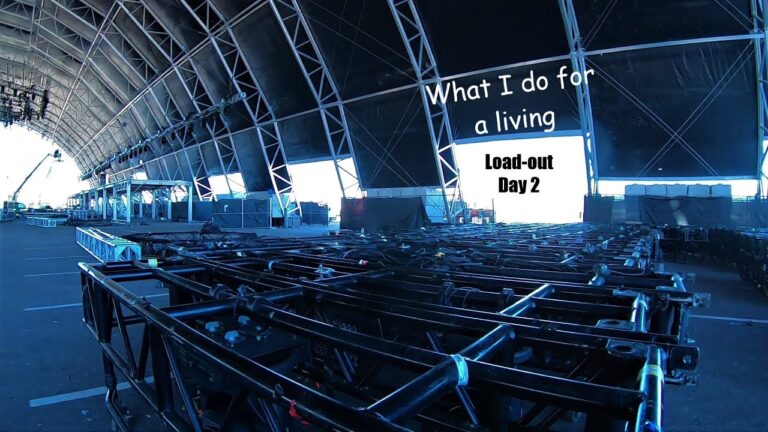Fireman Job: Duties & Salary

Fireman Job Description Template
Fireman Job Description Firefighters play a crucial role in protecting lives and property during emergency situations. Their primary duty is to respond to fires and other emergencies, and take necessary actions to control and extinguish fires. Additionally, they provide medical assistance, rescue individuals trapped in hazardous situations, and participate in public education programs to raise awareness about fire safety. Firefighters are required to be physically fit and mentally prepared to handle stressful and dangerous situations. They must be knowledgeable about fire suppression techniques, hazardous materials, and emergency medical procedures. They work as part of a team, following the instructions of their superior officers and collaborating with other emergency services personnel. One of the most important qualities of a firefighter is bravery. They must be willing to put themselves in harm’s way to save others. Another crucial attribute is quick thinking and problem-solving skills, as they often have to make split-second decisions in life-threatening situations. Firefighters are also responsible for conducting routine inspections of buildings and premises to ensure compliance with fire safety regulations. They may need to educate individuals on fire prevention methods and conduct drills to prepare them for emergencies. In addition to firefighting, some firefighters specialize in specific areas such as hazardous materials, technical rescue, or wildland firefighting. They undergo extensive training to develop expertise in their chosen field. In conclusion, firefighters are dedicated professionals who risk their lives to protect others and their property. They require physical and mental strength, bravery, quick thinking, and problem-solving skills to effectively perform their duties. Firefighters are essential members of the community, ensuring public safety and promoting fire prevention and awareness.Fireman Responsibilities
Fireman Requirements
How Much Does A Fireman Make?
Fireman Salary
| Rank | Minimum Salary | Maximum Salary |
|---|---|---|
| Firefighter | $35,000 | $60,000 |
| Lieutenant | $60,000 | $85,000 |
| Captain | $85,000 | $110,000 |
| Battalion Chief | $110,000 | $150,000 |
Fireman salary varies depending on their rank within the fire department. Firefighters, who are the entry-level position, typically earn between $35,000 and $60,000 per year. As they advance in their careers, they can become lieutenants, captains, and battalion chiefs, which come with higher salaries ranging from $60,000 to $150,000 per year. These salaries may also vary based on factors such as location, experience, and additional certifications. Firefighters play a crucial role in protecting lives and property from fires and other emergencies, and their salaries reflect the importance of their work.
Fireman Salaries by Country
Top Paying Countries for Fireman
| Country | Salary (USD) |
|---|---|
| United States | $48,030 |
| Switzerland | $74,840 |
| Australia | $52,070 |
| Norway | $61,390 |
| Canada | $41,030 |
Firefighters play a crucial role in society by protecting lives and property from fires and other emergencies. The salaries of firefighters vary significantly across countries. According to recent data, the top paying countries for firefighters are the United States, Switzerland, Australia, Norway, and Canada. In these countries, firefighters receive higher salaries compared to other nations. It is important to note that firefighting is a demanding and dangerous profession, requiring bravery, physical strength, and specialized skills. Firefighters dedicate their lives to ensuring public safety and deserve fair compensation for their vital work.
A video on the topic Fireman
Video Source : LilWayneVEVOInterview Questions for Fireman
1. What are the main duties of a firefighter?
The main duties of a firefighter include responding to emergency calls, extinguishing fires, rescuing people and animals, providing medical assistance, conducting fire safety inspections, and educating the public on fire prevention.
2. What skills and qualifications are required to become a firefighter?
To become a firefighter, one needs to have physical strength and stamina, excellent problem-solving and decision-making skills, the ability to work well under pressure, good communication skills, and a high school diploma or equivalent. Additional requirements may vary depending on the jurisdiction.
3. How do firefighters prepare for emergency situations?
Firefighters undergo extensive training to prepare for emergency situations. This training includes learning firefighting techniques, using firefighting equipment, performing rescue operations, providing medical assistance, and attending regular drills and exercises to enhance their skills and readiness.
4. What are the different types of firefighting equipment?
Firefighting equipment includes fire trucks, hoses, nozzles, breathing apparatus, fire extinguishers, thermal imaging cameras, ladders, rescue tools, and protective gear such as helmets, gloves, and turnout gear.
5. How do firefighters ensure their own safety during operations?
Firefighters ensure their own safety by wearing protective gear, following safety protocols, communicating effectively with their team members, constantly assessing risks, and staying updated on the latest firefighting techniques and strategies.
6. Can you explain the hierarchy in a fire department?
A fire department typically follows a hierarchical structure. At the top is the fire chief or fire commissioner, followed by assistant chiefs, battalion chiefs, captains, lieutenants, and firefighters. This structure helps in maintaining discipline, efficient operations, and clear communication within the department.
7. How do firefighters handle hazardous materials incidents?
Firefighters receive specialized training in handling hazardous materials incidents. They use specialized equipment and follow strict protocols to identify, contain, and mitigate the risks associated with hazardous materials spills or leaks. They may also work in coordination with other agencies such as environmental protection or hazardous materials teams.
8. What is the role of firefighters in community education and prevention?
Firefighters play a crucial role in community education and prevention. They conduct fire safety inspections, educate the public about fire prevention measures, visit schools to teach children about fire safety, and participate in community events to raise awareness about fire hazards and the importance of preparedness.
9. How do firefighters maintain their physical fitness?
Firefighters are required to maintain a certain level of physical fitness to perform their duties effectively. They engage in regular physical training, which includes cardiovascular exercises, strength training, and flexibility exercises. Some fire departments also have mandatory fitness tests to ensure that firefighters meet the required fitness standards.
10. How do firefighters cope with the emotional toll of their work?
Firefighters often face challenging and emotionally taxing situations. To cope with the emotional toll, many fire departments provide counseling services and peer support programs. Firefighters also rely on their close-knit team and camaraderie to provide support and understanding during difficult times.






